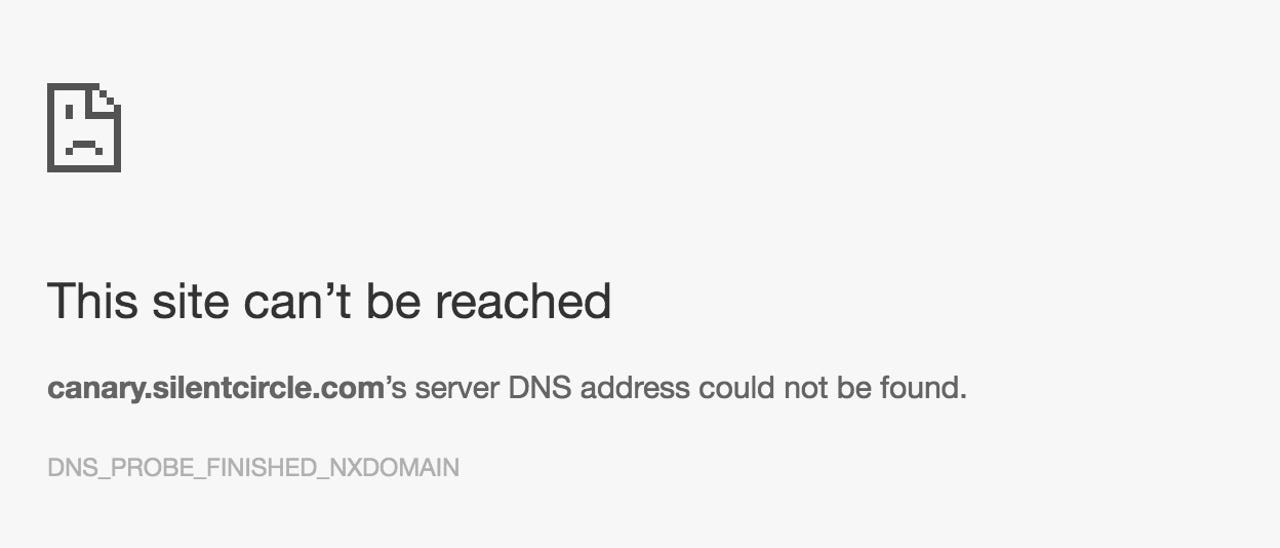Silent Circle quietly kills warrant canary

Silent Circle has discontinued its warrant canary, claiming the removal of the US gag order workaround was a "business decision."
The firm has built its reputation on putting the privacy and security of users first and is well-known for the Blackphone, a mobile handset equipped with a custom Android operating system which sets users up with a privacy-first way of communicating.
Silent Circle truly came into its own in the wake of former US National Security Agency (NSA) contractor Edward Snowden's explosive disclosure of the agency's mass surveillance practices as more people became focused on hiding their digital footprints and keeping spying eyes at bay.
Warrant canaries also increased in popularity. When companies receive demands for user data by US government agencies, they are forbidden to publicly disclose these demands. However, should a company publish a statement explicitly saying they have not received a warrant for user data -- or remove such a statement -- this doublespeak indicates that user privacy has been compromised by US authorities.
For whatever reason, Silent Circle's page where the company previously hosted these canaries now no longer works, as reported by TechCrunch.
A Silent Circle spokesman said that removing the warrant canary and discontinuing these shout-outs to users was a "business decision" -- although what that actually means is anyone's guess.
Silent Circle general counsel Matt Neiderman told the publication:
"We have not received a warrant for user data. As part of our focus on delivering enterprise software platform we discontinued our warrant canary some time ago.
The decision was a business decision and not related to any warrant for user data which we have not received."
This statement is about as vague and confusing as Silent Circle's claims that a "business decision" was the root cause of closing the warrant canary. It leaves us all to wonder whether the closure was based on warrants for user data that the company has received -- rather than "not received" -- or simply whether closing the canary was merely a way to stop some kind of behind-the-scenes spat with law enforcement.
Either way, removing warrant canaries could upset privacy-conscious users, especially as the firm's product range is built on transparency. Unless the business adheres to its own creed, this could hurt Silent Circle's reputation.
Whether or not warrant canaries are disclosure breaches -- even just by implication -- is still a matter for debate, but Silent Circle is not the only organization to close the doors on such schemes.
Earlier this year, the Electronic Frontier Foundation (EFF) closed Canary Watch, a project which monitored company warrant canaries and any changes which indicated information disclosure to US agencies.
See also: Severe Silent Circle Blackphone vulnerability lets hackers take over
In June, Silent Circle released the latest version of SilentOS complete with a 'privacy meter' which allows users to check the settings of their handset and apps to stay ahead of any network changes which could impact their security.
